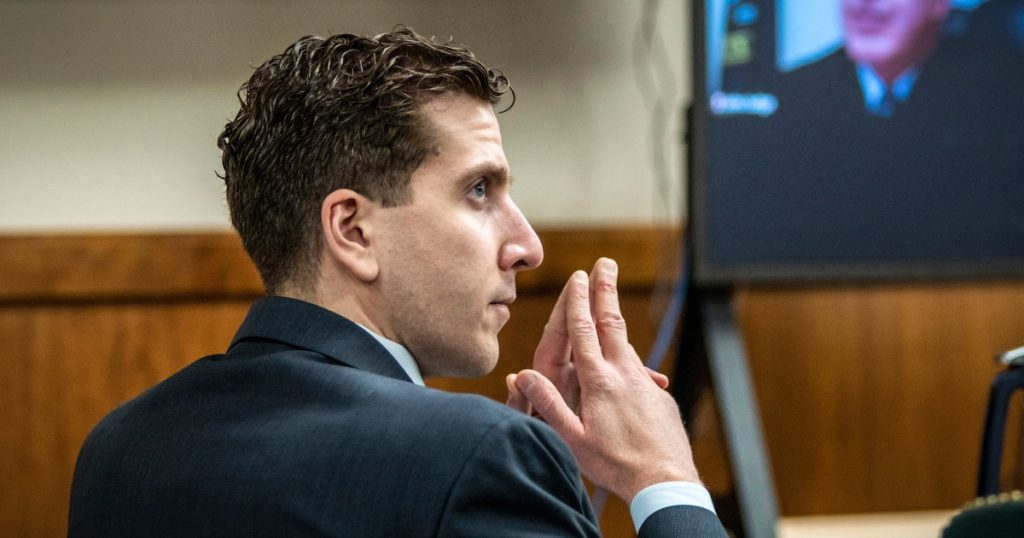Defense attorneys for Bryan Kohberger, who is charged with the murders of four University of Idaho students, have been granted permission to resume phone surveys of potential jurors by a judge. The victims in this case are Ethan Chapin, Xana Kernodle, Madison Mogen, and Kaylee Goncalves. Kohberger faces four murder charges and prosecutors have indicated that they will seek the death penalty if he is convicted. The defense team had hired a consultant to survey potential jurors near the university to gather information about their knowledge of the case, including details such as Kohberger’s arrest, his car, DNA evidence, and a knife sheath found near one of the bodies. Prosecutors objected to the surveys, claiming that they violated a gag order issued by the judge.
The phone surveys included questions about topics such as whether respondents had watched true crime shows related to the case or heard rumors about it. Prosecutors argued that such questions could bias potential jurors and potentially impact the fairness of the trial. However, Judge determined that most of the questions did not violate his gag order as they were based on publicly available information from court documents. Additionally, any information that was not part of the public record at the beginning of the surveys but had since been discussed openly in court was now considered part of the public record and could be included in future surveys. This ruling allows the defense team to continue gathering information from potential jurors through surveys.
The case of Bryan Kohberger and the deaths of the four University of Idaho students has garnered significant attention, with details about the crime and the investigation being widely reported. The defense team’s decision to conduct phone surveys of potential jurors reflects their efforts to gather information about the community’s knowledge and opinions regarding the case. By understanding what potential jurors have heard, seen, or believed about the case, the defense can better prepare for trial and potentially identify any biases that may exist among the pool of potential jurors. The judge’s ruling allowing the surveys to continue provides the defense with an opportunity to gather valuable information that may ultimately impact the outcome of the trial.
Prosecutors have raised concerns about the impact of the surveys on potential jurors, alleging that the questions posed by the defense team could prejudice individuals who may be called to serve on the jury. The judge’s decision to allow the surveys to continue, with limitations on the types of questions that can be asked, seeks to balance the need for gathering information with the requirement for a fair trial. By restricting the types of questions that can be included in the surveys, the judge aims to ensure that the jury selection process remains unbiased and impartial. This ongoing legal battle over the phone surveys highlights the complexities and challenges of preparing for a high-profile trial involving serious charges such as murder.
As the legal proceedings in the case of Bryan Kohberger move forward, both the defense and the prosecution will continue to navigate the complexities of the justice system. With the judge’s ruling allowing the defense team to resume phone surveys of potential jurors, the focus shifts to gathering information that may influence the selection of a fair and impartial jury. The outcome of this case will have significant implications not only for the defendant and the victims’ families but also for the broader community that has been following the tragic events that led to the deaths of four young students. By carefully navigating the legal process and ensuring that all parties receive a fair trial, the justice system plays a crucial role in bringing closure and accountability in cases of such grave magnitude.


